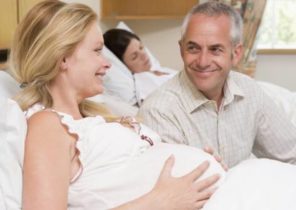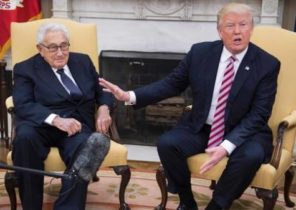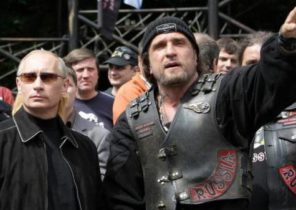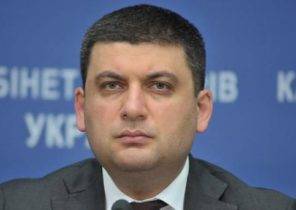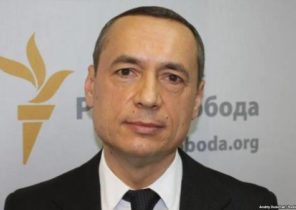In the second quarter of this year, primarily Russian entrepreneurs have felt the negative economic consequences of the crisis with the coronavirus. First had to close the restaurants, cafes and hotels, then President Vladimir Putin declared across the country, mode of working days, thus requiring companies to continue to pay wages to workers. It affected all companies, deemed strategically unimportant.
To the recently published data of Rosstat indicate how strongly decreased during this period, entrepreneurial activity in Russia: the share of revenues from enterprises in total income of the population decreased in the spring by 3.5 percent.
For comparison: in the first quarter of this year, the proportion was 5.9 per cent of total income. That is, it decreased by 40 per cent — the lowest figure in the Putin era.
But even these figures do not speak the truth. Because at the same time — despite Putin’s requirement to continue to pay wages and social benefits — the real incomes of Russians fell heavily. Them fall to 8 percent was the strongest since 1999. At that time the Russians were recovering from the bankruptcy of the state and the associated devaluation of the ruble.
Monthly per capita income of Russians, according to official statistics amounted in the second quarter, 32 thousand 854 of the ruble, in terms of less than 400 euros. Entrepreneurs lost in the second quarter, almost half their income. Particularly affected small and medium entrepreneurs.
One of them — Anastasia Tatulova. In late March, the owner of the cafe “Anderson” asked Putin. “Two weeks ago, I was an average entrepreneur, but now my company belongs to the small enterprises,” she said. Tatulova demanded to support the economy and predicted that otherwise, many businesses will not Wake up from their slumber, into which they plunged because of the crisis.
Coronavirus accelerates the trend
Tatalovi managed to save his business by selling a share in it to the banker Alexander Lebedev. But many other businesses were in a deplorable condition. Some left in the shade.
Coronavirus has accelerated this trend which actually began with the arrival of Putin to power. The share of revenues from enterprises in total income of the population declining for several years, including because the Kremlin gave the government large part of the economy. Today, about 70 percent of the economy are administered by the state.
The increase in the share of government in the economy takes place not only at the expense of the oligarchs, although the nationalization of the concern “Yukos” or the sale of TNK-BP group to Rosneft and became widely known all over the world. The share of small and medium enterprises in the country’s GDP over the years also steadily decreased. In 2017 the share of small and medium enterprises accounted for 22 percent of GDP in 2018 — only 20.8%. In 2019, the experts expect further falls. Official data of Rosstat will publish at the end of 2020. According to forecasts, this year fall will be even stronger.
Political analyst Ivan Preobrazhensky, looking at these numbers, called the Russian businessmen “endangered species”. Indeed, the significance of entrepreneurship in Russia over the past 20 years has decreased markedly. When Putin in 200 year took office, and was first published the relevant data, the share of income from entrepreneurial activities in the total income structure of the population was still 14.7%.

